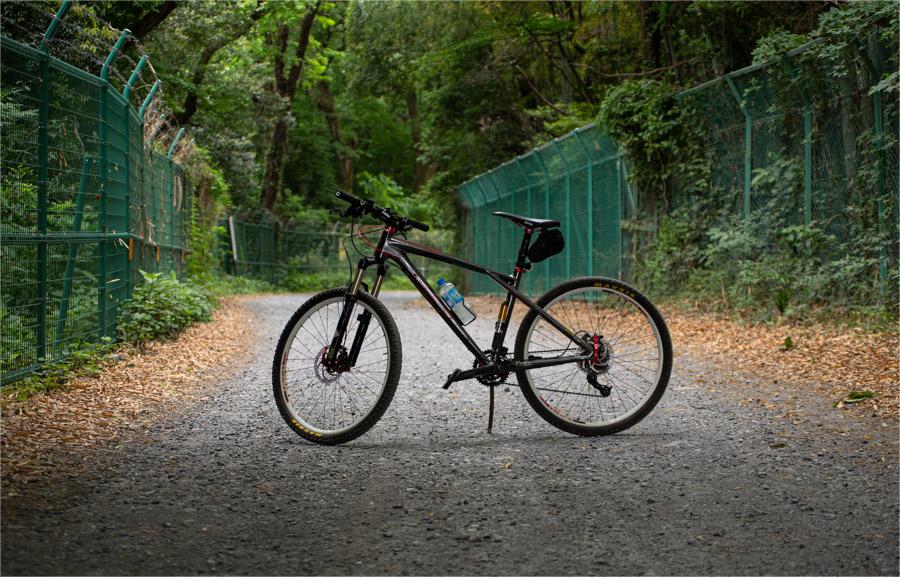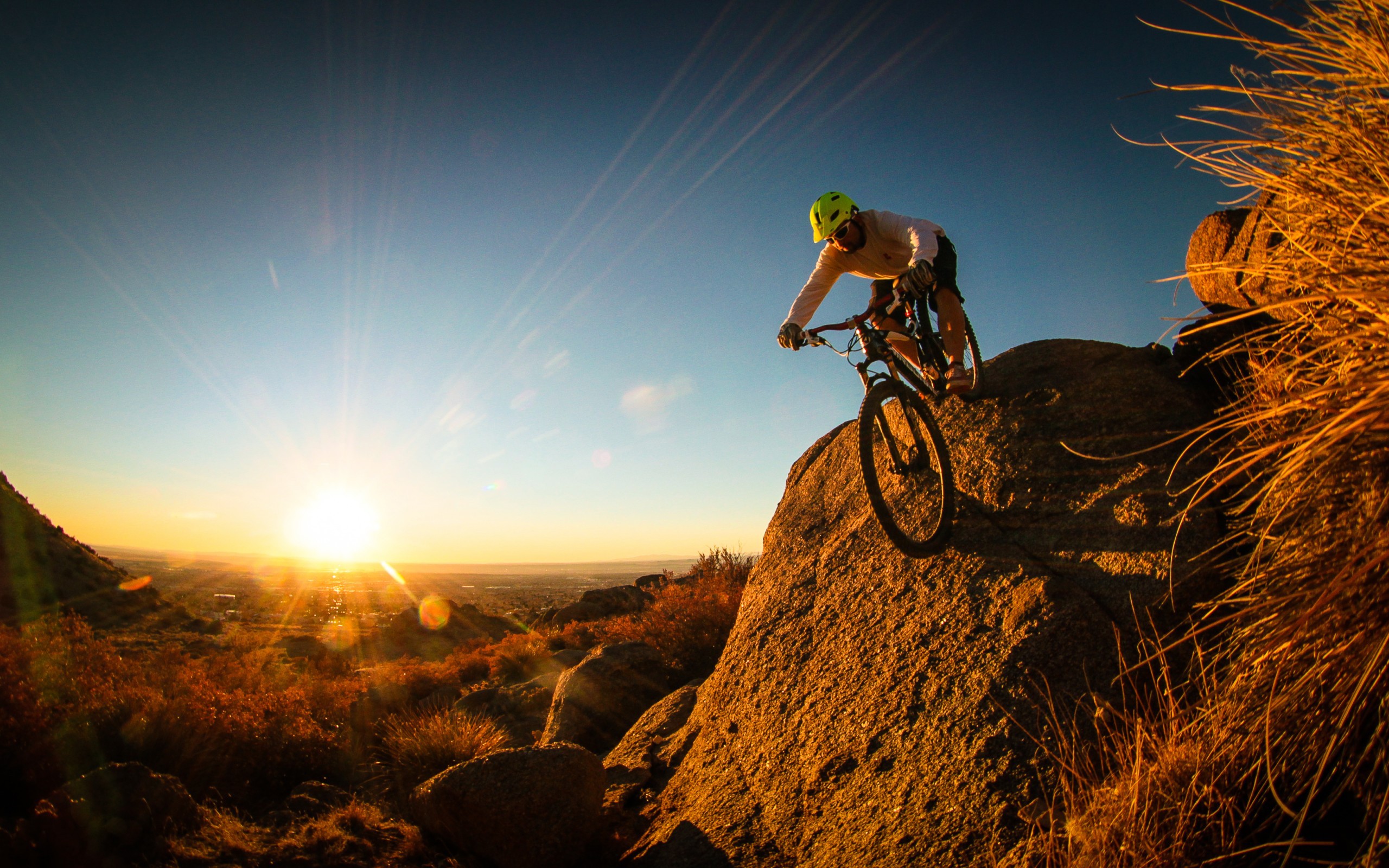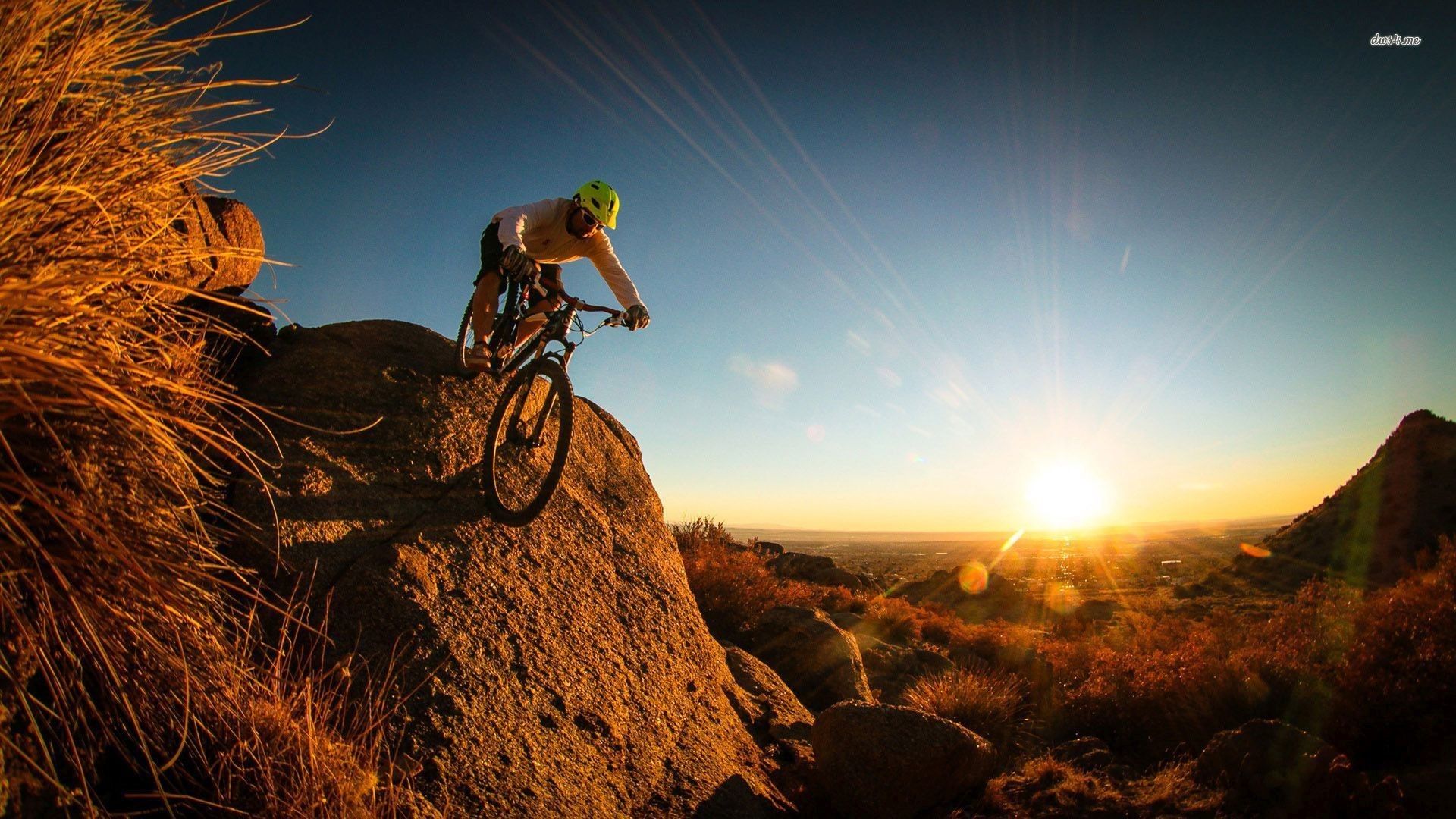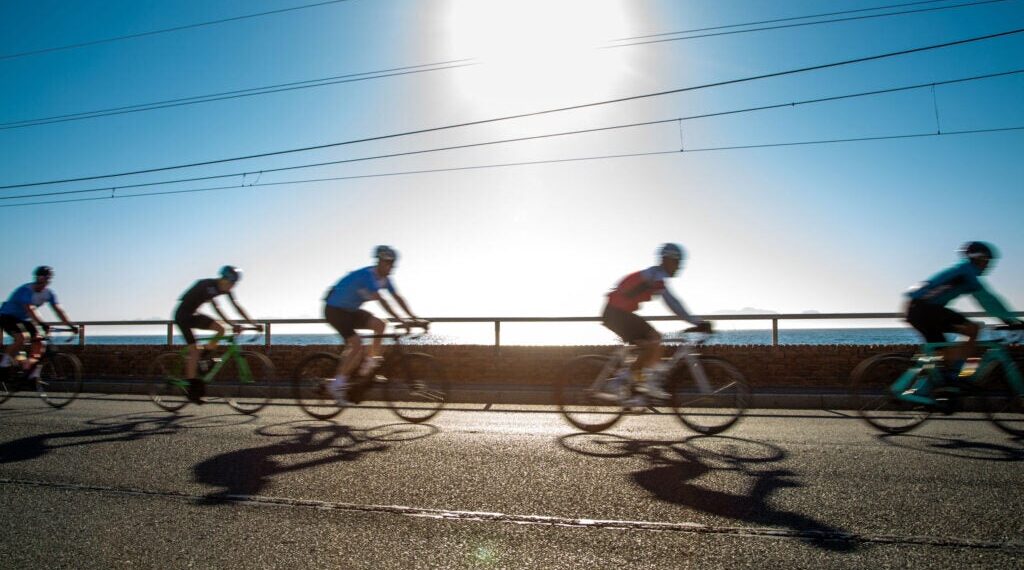Why does biking carefully radicalize some persons, (normally urban transportation riders like me) however, other 5,000 miles/year “avid cyclists” continue being unfazed and totally uninterested in any political motion for improved infrastructure?
It’s an enticing query, and there was a lively debate in the thread under Wells’s tweet. Let’s try to respond immediately. (Spoiler alert: Yes, we are able to and I will.
Although the term “avid cyclist” is typically a label people use to describe themselves so that they can speak trash about actual cyclists, presumably Wells is referring to roadies as well as other types of “serious” cyclists, considering the fact that he defines the word “avid” for a particular person who rides 5,000 miles per calendar year, not the 5 (5) miles a yr the self-proclaimed “avid cyclist” actually does. To avoid confusion, I’ll refer to them as “Serious” rather than “avid” in the near future. Additionally, I believe that “radicalized” cyclists refer to “advocates”. Therefore to be clear and easy to understand I’ll refer them to as “Smuggies”.
Warren J. Wells’s issues have to be dealt with carefully and conclusively. He is being reduced, so I need to understand the relationship between Major Cyclists and Smuggies. In essence, the Smuggies are not a particular treatment for the Really serious Cyclists. They consider their pretentious behaviour to be unfit, they’re as well-quick riding on shared roads a waste of time and their focus on fitness and gadgets instead of transport counter to the profound utility and essentially transformative character of the bicycle. They also resent that the ordinary bicycling American considers bicycling to be akin to those who are referred to as “Lance Armstrong wannabees” and in flip dismisses the Smuggies into their ranks. The Severe Cyclists perpetuate the idea that bicycling is only for white, wealthy people. This is exactly what the Smuggies want to stop because they have an even higher priority: to save the Earth and make everyone cycle.
However, the majority of cyclists do not give Smuggies a second thought, unless there’s a Smuggy stopping them on the bike track, in which case their assumption is “Nice sandals Granola Breath! Please get out of my way.
In this case, Warren J. Well’s question is addressed by Warren J. Well. The only thing he might be seeking is they don’t require treatment. They like to travel fast and keep in top shape. They enjoy fun toys and a rapid speed. They view “toxic masculinity” as a defining experience, and consider the act of complaining or sabotaging in the face of vehicular intimidation as an indication that they are weak. They’re likely to drive to the start out of their initial spot, and possibly even waved at some Smuggies in the process. They love items as they are!
Evidently (I hope) the whole thing is a bit of hyperbole. I realize that neither class of cyclists matches my slim definitions. For certain, major Biking incorporates an ample contingent of elite snobs. But Wells’s tweet also belies the reverse snobbery in which Smugglers may feel that they’re cycling more seriously and with purpose than those who do so for recreation and, in turn, look down upon them. Smuggies don’t believe they can simply appreciate driving and not needing more in the way of infrastructure, in the same way, the oenophile is surprised you can sip wine without stressing about your entire body, serving temperature and distinctive types of grapes. It is possible to enjoy riding a bike and not need to be aware of anything other than the best way to maintain it upright. It’s possible, it’s easy, and we should be looking at those who do it without having to deal with the bullshit.
It’s unfortunate that so many Americans view biking as an opportunity to enjoy themselves but not as a legitimate means of getting around. Biking is often described as a sport reserved for eco-nerds and extremely lefties. But, it’s a common out-of-doors activity that is right alongside fishing and tenting in terms of respectability with 52.7 million people. For those who would like to see bicycling as a variety of transportation that is more integrated into our daily lives the apolitical bikers could seem like an untapped useful resource. The idea that we need to improve bicycle infrastructure in the United States, even though we are awestruck by the automobile and the open road more than any other form of transportation isn’t unusual. Nevertheless, in some way, we believe that simply asking for it is impertinent. It’s almost like we’re always on the cusp of turning our attention to each other and indicating, “You know what? This is totally normal! It is a common occurrence.

Beyond the idealism of petty irritations and ranting on social media, advocacy is essentially a make-a-difference in daily life and death. Certain, cyclists become advocates because they’re fed up with motorists who impede their commute, or they want a lot more locations to lock their bikes, or they consider they are pedalling us out of a local emergency weather situation. Some may be radicalized due to the fact that someone close to them, such as a driving companion, or a beloved one or lover was injured or even killed. The town and media then prepare for them as the “accident.” Maybe they may have caused them grave injury. But not each and every cyclist has been subjected to this kind of tragedy nor does everyone grieves in the exact same way. A lot of people who ride for a long time don’t have greater than a couple of degrees of distance from the person who died while riding. Although some may be radicalized, others might just decide to ride in name of their lost companion and cherish their memories. This is far from an excuse, but in reality, it is just as important as advocacy if we place too much on dying and dying, we forget the many ways cycling can enhance our lives. We want more people to cycle, not less.
But as a substitute for pondering why much more major Cyclists don’t turn out to be activists or lamenting their apparent indifference, we need to alternatively be grateful for the fact that – for some of us, anyway–our recreation can nonetheless exist outside the house the realm of political debate that is polarizing. Politics has seeped into every nook and corner of our culture, just like mercury in seafood. But, as an alternative to lamenting their apathy or wondering what the reason Major Cyclists do not become activists, I believe it is important that the pleasure and freedom of riding a bicycle remain independent of and not influenced by politics. If something happens, too quite a few “radicalized” riders threaten to compromise cycling’s operation because cycling is viewed as being an inherently political action, it will become less desirable and fewer people will be able to afford the full benefit. Cycling participation is contingent on being an activist, adhering to a certain set of values, or participating in an agenda. It’s more exclusive than telling people that they’re not “real” cyclists until they are equipped with electronic-shifting carbon wheels. If you’re really “radicalized” you’ll have an awareness of this and will work on their behalf regardless of the circumstances.




